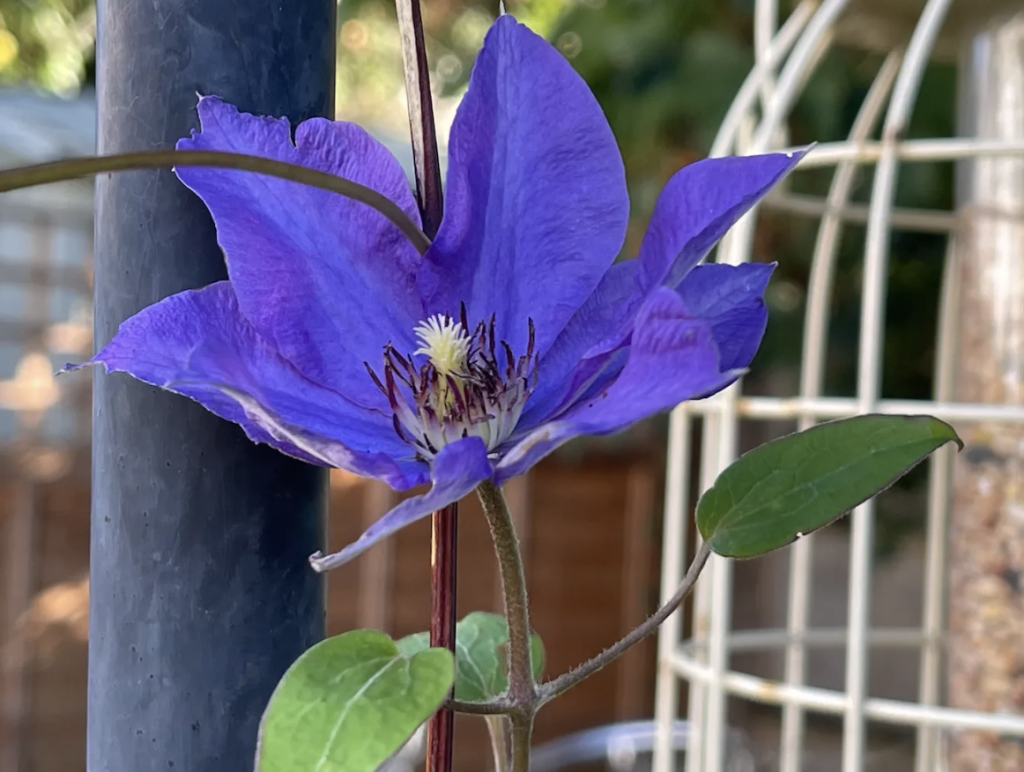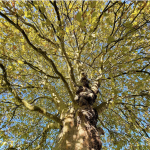On other perspectives
Good morning! When I was a little girl, my dad would send me out on photographic assignments around the house with a brief: look at things differently. And so I would climb trees, lay flat moss-spotting and imagine the world seen by bugs, snails and frogs.
Having, or even just imagining, different perspectives opens us up to the possibility of discovery. And discovery may also mean an opportunity. As we widen our horizons, we allow new ideas and new experiences.
This opening, widening our view, can be fundamental in healing from anxiety, depression, traumatic experiences, anger or othering. When we suffer, our world closes down to one negative, direct, heavy experience, and the rest feels almost impossible. Especially when we need to protect ourselves from others or oppressive systems, we forget the possibility of healing.
The most radical feeling we can then practice is hope.
Hope, however, can feel impossible at first, so we may want to start with soft openings. Look up at a tree, notice that funky cloud, soften your gaze and allow the evening setting sun on your cheek or enjoy the sounds of nature.

This week, I started learning the teachings of the Medicine Wheel – the approach to healing practised by many native cultures for centuries before the modern medical model emerged. I cannot help but wonder: how would our own approach to healing look like if I had more than one view on healing? And then I remembered: I did have other ways of healing. My family used herbs and natural remedies. I grew up with stories of our Grandmother making medicine for various illnesses. I lived with my aunt, who had a secret recipe book and made incredible, healthy meals. We foraged and respected the sources of our diet. Nature was at the core of our healing model, too.
Coming from nomadic ancestors from mid-Asia (one of the few civilisations where women were equal to men), I grew up in a family where women were respected and treated equally. They were the carriers of wisdom and healing, as much as men were doing that too. So, I grew up with a good sense of balance. So I feel at home with the Medicine Wheel approach too.
And so I ponder: what would it take to make everyone realise that digital technologies also fit into our lives in balance? We have lived over a decade of negative tech bias, which emerged naturally (fear of the new) and is systemically reinforced (fear of transparency, collective movements and free access to information for all, etc.). How do we stop this dangerous way of disconnecting ourselves from opportunities and communities? How do we pause and shift our perspective? How do we allow a wider, more complex, more adventurous look at those new digital landscapes?
(Reflection)
When we practice hope, it can be helpful to reframe the question, “Why (is this happening to me)?” to “What if (I can get through this)?” so I wonder if we could do the same here.
Q: What if digital technologies were an opportunity, not a threat? Is your well-being ACTUALLY worse because of those tools? How exactly does social media negatively impact your wellbeing? What if that negative impact originates from wider problems? List them: Brexit inflation crisis, mainstream media and their toxic messaging, neoliberal drive for productivity over humanity, broken people unable to hold their own unkind voice to account, etc.
(I am going to walk the dog and hug that tree featured in my top image again)
This post was originally posted on Substack in our Syl’s Liberation Psychologies Newsletter

